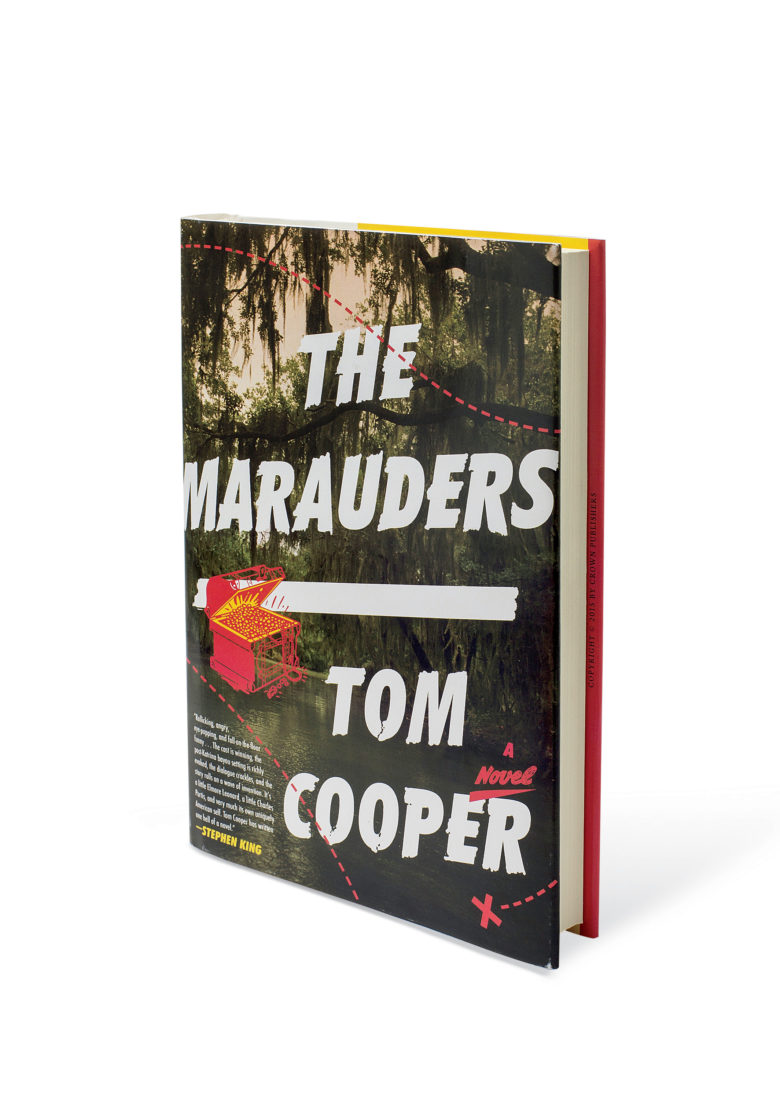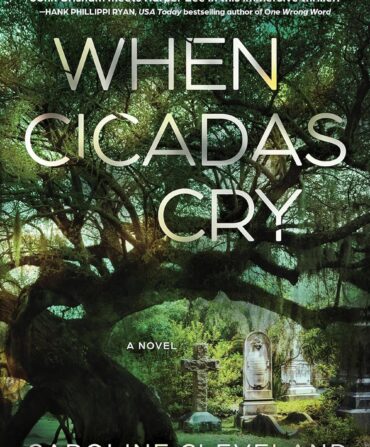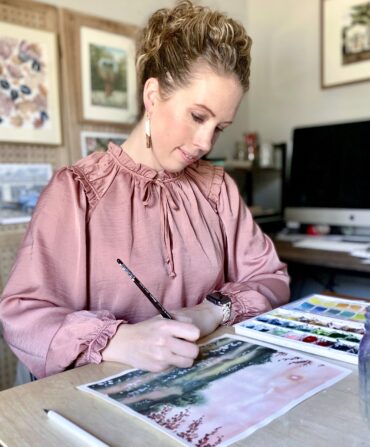Tom Cooper’s First Novel, The Marauders, offers readers a place, Louisiana, highlighting New Orleans and Barataria Bay, as a main character. And to say that a place is a character among Cooper’s finely drawn people pays tribute to the art of a very talented writer. Here’s a shrimper’s take on Louisiana, five years after Hurricane Katrina and just after the disastrous BP oil spill:
No place in the country crookeder….What else could you expect, an outpost improvised and jury-rigged by outlaws and gypsies out of the swamp? A place which, in its fledgling years, was tossed back and forth between countries like a bastard child? Look at the evidence. State representatives caught with federal money in their freezers and prostitutes in their beds. Gubernatorial candidates ending up in prison. Federal Emergency money spent on swimming pools and sports cars and palomino ponies.
And the oil companies: God, the f**king oil companies.
It’s difficult to talk about the plot of The Marauders because we start with a handful of individual characters on separate paths, but as the novel progresses, their stories weave and merge beautifully into fierce action and serious consequence. It’s easy, however, to talk about Cooper’s gritty, lovable, shallow, deep, sleep-deprived, lonely, desperate people. They are mostly men knocked down by Katrina and the spill, now trying to scramble back to their feet. We follow, among others, a couple of drug dealers, a one-armed shrimper, two petty criminals, a BP messenger, and a teenager recovering from the loss of his mother. How their paths begin to cross and then crisscross is what will leave you biting your fingernails on one hand while turning the page with the other.
This is a book of textures. Cooper opens: “They came like specters from the dark maw of the bayou, first ghostly light in the fog, then the rasp of a motor: an aluminum powerboat scudding across lacquer-black water.” In the boat are the two drug dealers, twins. They see something ahead and through binoculars watch a man with a metal detector and a prosthetic arm. His name is Lindquist, and he’s on an island “too near” their territory. They decide on something short of murder—for now.
Following characters, one after another, we begin to understand tentative and tight relationships. And I can say, while hesitating to divulge too much, that in play are a buried treasure, a crop of marijuana, the pain of family stress and loss, the hope for meaning in work and craft—all so finely woven that we find ourselves moving along in a smooth-riding automobile of a novel. It hums with lovely scenes of bayou country, doses of dark humor, and spooky-good descriptions. When Lindquist comes home one night, for example, he trips over something in his bedroom, not knowing that someone has left him a surprise: “He scrabbled to his feet and turned and saw a hunched kayak-like shape, low to the floor, stepping tentatively toward him.” And a scene late in the book—the twins in a swamp full of alligators—rivals any scary scene I’ve ever read. (I’m guessing that Cormac McCarthy has been a slight but effective influence on Cooper’s style.)
Cooper loves all his characters, even the most despicable. Here’s Grimes, the BP messenger, face to face with his mother. As Grimes tries to explain his absence from home, we sense that Cooper is, besides all else, a writer with depth and nuance.
“One day passes and then the next,” said Grimes. He hadn’t meant to say what he was about to. There was a measured quality to what he spoke. As if he’d written the words beforehand and recited them in front of a mirror. “Before you know it, it’s a month. Then a season. Then it turns into this thing, you know? This awkward thing. You don’t want to call because it’s been so long. Too many things to catch up on. Those little day-to-day things make up a life. You don’t realize it, but they do.”
I can’t wait for Cooper’s next book. Nor can my wife, and she and I seldom agree about novels. He’s fun to read—he keeps your head up and your eyes big.









